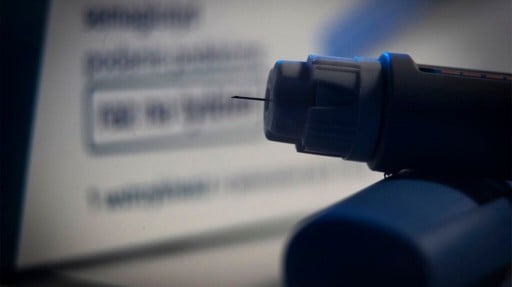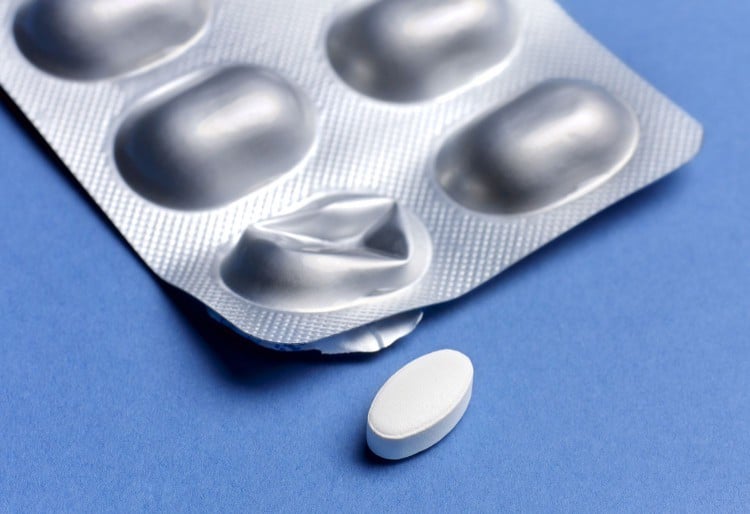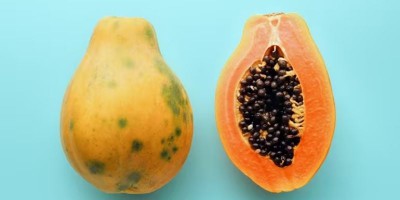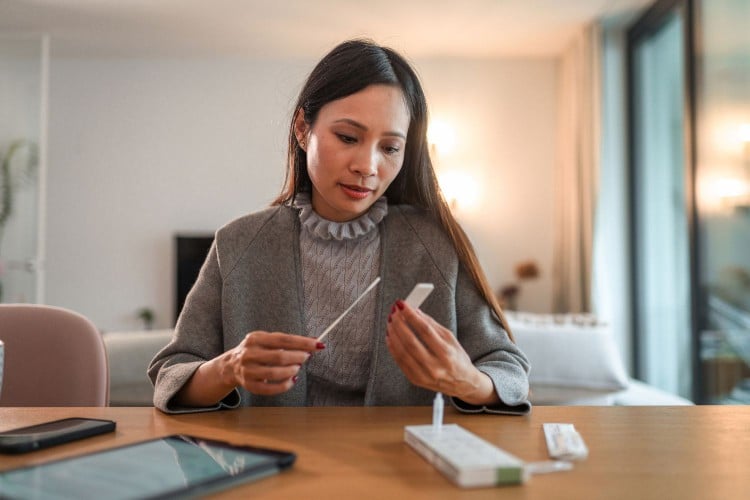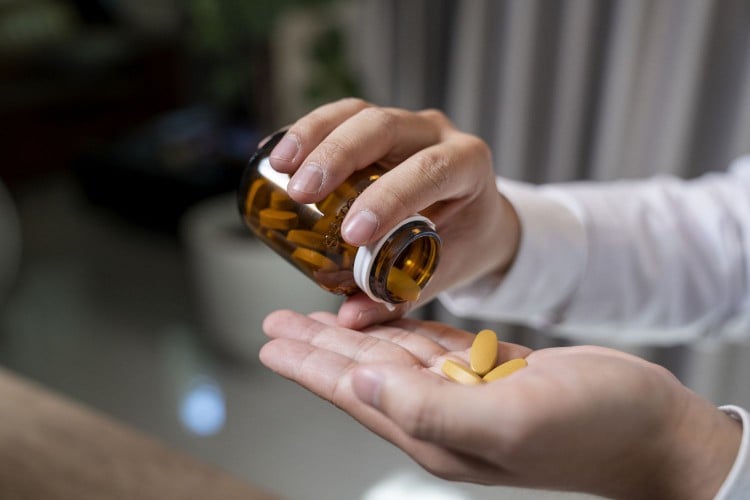Is It Bad to Drink Coffee on an Empty Stomach?
- Many people believe drinking coffee on an empty stomach is unhealthy, but for most people, the practice is totally safe, experts said.
- However, coffee affects everyone differently, and for some people, the beverage can cause acid reflux or stomach pain.
- People can try having their coffee with food, adding milk, or drinking a lighter roast if they're concerned about GI issues, experts recommended.
Many people enjoy making a cup of coffee first thing in the morning, but could it be increasing your risk of gastrointestinal issues?
Coffee affects every person differently. For people who are sensitive, drinking it on an empty stomach could lead to indigestion or other minor discomforts, experts said.
But in general, it's a myth that drinking coffee before breakfast is dangerous, said Bonnie Jortberg, PhD, RD, nutritional scientist and associate professor of family medicine at the University of Colorado Anschutz Medical Campus.
“Most people should not have an issue with drinking coffee on an empty stomach other than maybe having a little bit of extra stomach acid,” Jortberg told Health.
While some people may experience discomfort, for the general population, there’s no evidence that drinking coffee on an empty stomach leads to gastrointestinal pains, she added.
Here’s what experts had to say about how coffee affects the body, and what to do to make your coffee drinking as healthy as possible.
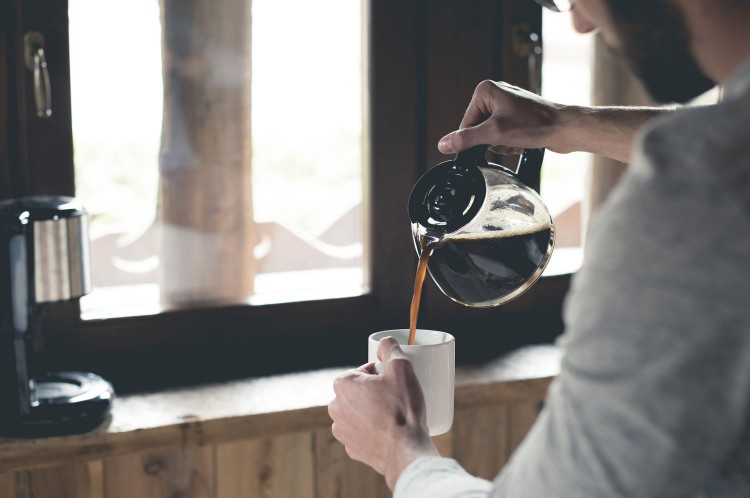
Getty Images/Westend61
How Does Coffee Affect the Body?
Though coffee affects people differently, the beverage can have a number of effects on the gastrointestinal system and the body as a whole.
The caffeine in coffee is a primary draw for people who drink the beverage in the morning, but that caffeine could lead to indigestion or acid reflux for certain people.
“The caffeine itself can cause loosening of the lower esophageal, or a relaxing of the lower esophageal sphincter, which is the doorway between the esophagus and stomach,” Harmony Allison, MD, assistant professor of gastroenterology at Tufts Medical Center, told Health.
This combination can lead to acid reflux, or the contents of the stomach moving back into the esophagus. People usually experience heartburn as a result.
Importantly, Allison added, people who develop these bothersome symptoms after drinking coffee could do so regardless of having food in their stomachs.
“Some people find that that’s a trigger for them, so they can get some discomfort—it’s not harmful, it just doesn’t feel good,” she said.
There are, however, other issues that could be pronounced when drinking coffee on an empty stomach. For one, the acidity of coffee could be an issue for some people.
“Coffee is about a pH of five and the stomach is actually a pH of four,” said Allison.
If someone’s drinking coffee on an empty stomach, that can actually make their stomach more acidic, Allison explained. This could be uncomfortable, particularly for those with esophagitis, she added.
However, having some food in the stomach before drinking coffee should eliminate any acidity or pH issues, said Allison.
Coffee has other effects on the body too, such as increased urination or bowel stimulation.
“For some people, it does cause some stimulation of the smooth muscles,” said Allison. “They may find that they have loose stools after they have coffee or too much coffee, which can be uncomfortable.”
Beyond the gastrointestinal effects, some people may find that drinking coffee on an empty stomach leads to jitteriness, Jortberg said.
Though coffee could lead to some minor gastrointestinal pains or annoyances for certain people, in general, drinking your cup of joe isn't dangerous.
A 2014 meta-analysis found no significant association between coffee consumption and gastroesophageal reflux disease (GERD), which causes long-lasting or chronic acid reflux. And though there are some myths out there, coffee cannot cause stomach ulcers or in any other way damage the gastrointestinal system, experts agreed.
“For probably 99% of the people out there, this is a myth—that it’s bad for you to drink coffee on an empty stomach,” Jortberg said.
10 Medications You Should Never Mix With Coffee
Managing Coffee-Related Stomach Irritation
If someone does experience acid reflux, stomach pains, or other symptoms when they drink coffee on an empty stomach, eating beforehand certainly can’t hurt, experts agreed.
But if someone doesn’t have time for breakfast before their morning cup of coffee, there are other small tweaks that may reduce the risk of any unwanted side effects.
People can put milk or creamer in their coffee to cut down the acidity, Jortberg recommended. For people who are lactose intolerant, it’s important that they use plant-based milks, Allison added, or they could risk making any coffee-related stomach pains worse.
The type of coffee a person’s drinking could also be playing a role.
“There is a study that was done and it actually looks like your dark roasted coffees actually have less of an effect on stimulating stomach acid than your light roasted coffees,” Jortberg explained. “If you think that you’re somebody who’s sensitive to this, you may want to stick with dark roast.”
If someone is experiencing jitters, acid reflux, or other issues that could be attributed to caffeine, they could also try scaling back the amount of coffee they drink or choosing decaf, Allison added.
In general, drinking coffee on an empty stomach shouldn’t cause any issues. So if, after making adjustments, a person is still having gastrointestinal discomfort, it may be best to simply avoid coffee altogether, said Jortberg and Allison.
“Everybody has individual differences,” said Jortberg. “If you’re somebody who really notices that you really get that acidic feeling in your stomach, then you might be somebody who, for whatever reason, is hypersensitive.”
And though drinking coffee on an empty stomach is healthy for most people, it’s important to always drink coffee safely—that means consuming no more than 400 milligrams of caffeine daily.
“[Caffeine] is what keeps you vigilant, that’s what wakes you up,” said Allison. “[Be] careful that you don’t drink too much of it, because if you’re drinking more, that can be unsafe.”
Drinking Coffee Might Help You Manage Your Weight—As Long As You Skip the Sugar


